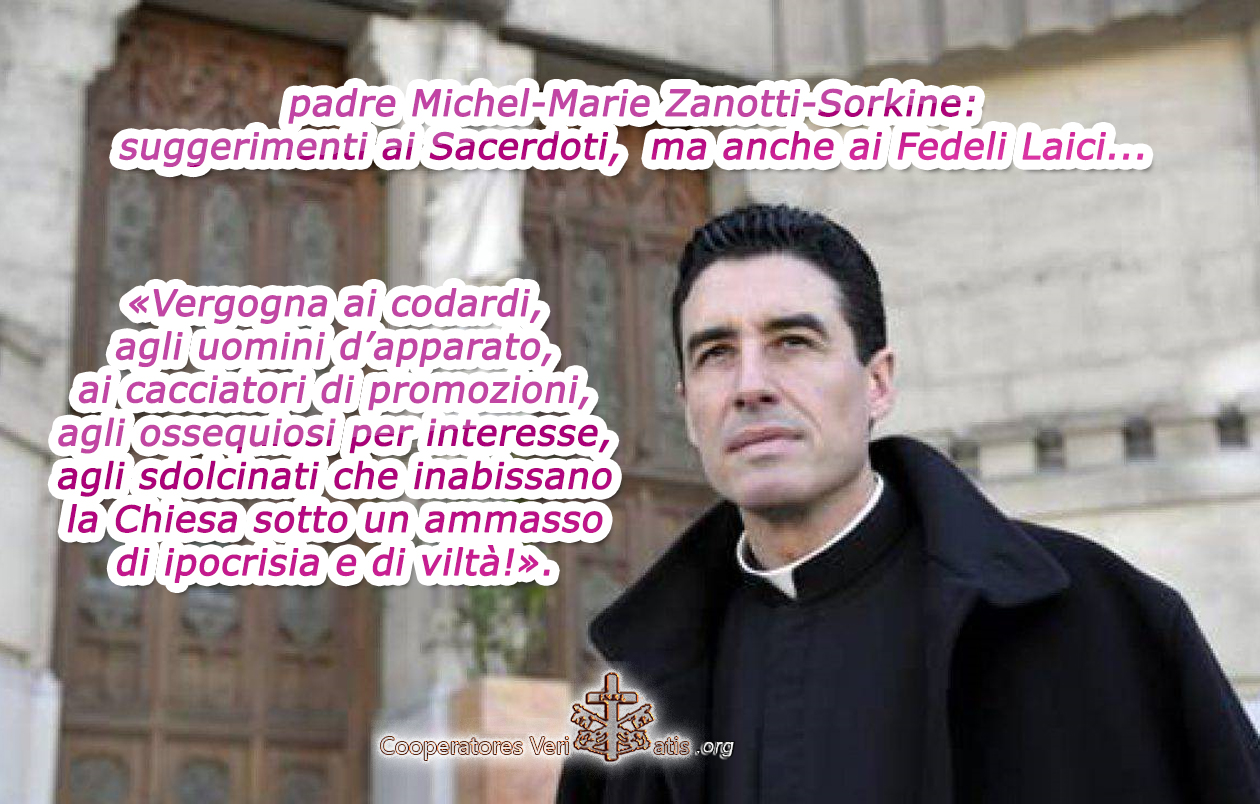Thursday, October 4, 2018
"The point of departure is first of all the word" --Ratzinger
Seewald: What would you yourself see as specific about your theology or the way you do theology?
Raztinger: I began with the theme of the Church, and it is present in everything. Only, in dealing with the Church it was important to me, and it has become increasingly important, that the Church not be an end in herself but exist so that God may be seen. In that respect I would say that I study the theme of the Church with the intention of opening a vista onto God. And in this sense God is the real central theme of my endeavors.
I have never tried to create a system, an individual theology. What is specific, if you want to call it that, is that I simply want to think in communion with the faith of the Church, and that means above all to think in communion with the great thinkers of the faith. The aim is not an isolated theology that I draw out of myself but one that opens as widely as possible into the common intellectual pathway of the faith. For this reason exegesis was always very important. I couldn't imagine a purely philosophical theology. The point of departure is first of all the word. That we believe the word of God, that we try really to get to know and understand it, and then, as I said, to think it together with the great masters of the faith. This gives my theology a somewhat biblical character and also bears the stamp of the Fathers, especially Augustine. But it goes without saying that I try not to stop with the ancient Church but to hold fast to the great high points of thought and at the same time to bring contemporary thought into the discussion.
Seewald: Truth is the central concept in your thought. "Co-workers of the Truth" was late also your episcopal motto. Shouldn't one also be a co-worker of reality, or a co-worker of wisdom?
Ratzinger: One is impossible without the other, for truth and reality belong together. A truth without reality would be a pure abstraction. And a truth that isn't concretized in "human wisdom" wouldn't, for its part, be a truth that man had really received, but a caricature of truth.
In the beginning, this theme wasn't so central for me. In the course of my intellectual life I experienced very acutely the problem of whether it isn't actually presumptuous to say that we can know the truth--in the face of all our limitations. I also asked myself to what extent it might not be better to suppress this category. In pursuing this question, however, I was able to observe and also to grasp that relinquishing truth doesn't solve anything but, on the contrary, leads to the tyranny of caprice. In that case, the only thing that can remain is really what we decide on and can replace at will. Man is degraded if he can't know truth, if everything, in the final analysis, is just the product of an individual or collective decision.
In this way it became clear to me how important it is that we don't lose the concept of truth, in spite of the menaces and perils that it doubtless carries with it. It has to remain as a central category. As a demand on us that doesn't give us rights but requires, on the contrary, our humility and our obedience and can lead us to the common path. Out of a rather long struggle with the intellectual situation in which we find ourselves, the primacy of the truth became evident to me, a primacy that, as I said, can't be grasped in a purely abstract way but naturally demands integration into wisdom.
Joseph Ratzinger, Salt of the Earth, San Francisco: Ignatius, 1997, 65-67.
Plinthos: What is important to note is the primacy of truth over activity. Man does not make truth but the truth precedes man. Man is a beneficiary of the truth. The truth is given to man, he finds himself within it, it confronts him, it instructs, challenges and beckons him.
Ratzinger says that the distinctive element of his theology is that it is theology! It is theos logos. It is God's and it's proper subject matter is God. It is the truth about God. That is why he says that it is not his own type of theology but theology as such, God himself, which is distinctive in his approach, but which is really the touchstone of any theology worthy of the name. God is the One Whom he pursues in his search for true meaning in the world, in man, the Origin and Purpose of all. The Church and all of theology is at the service of God, and God is real, and we know Him because He has first known us, and His Name is Jesus Christ; our access to Him is in His Body, the Church, of Which He is the Head and Lord.
Anything having to do with religion is classified nowadays as psychology or sociology; the material world is relegated to the departments of physics and engineering. Yet only if being itself, including matter, comes from God's hands and remains in God's hands can God really be our savior and grant us life--real life.
Joseph Ratzinger, "Handing on the Faith and the Sources of Faith" (Catechetical Conference, France, 1983) in Handing on the Faith in an Age of Disbelief, San Francisco: Ignatius, 2006, 35.

































